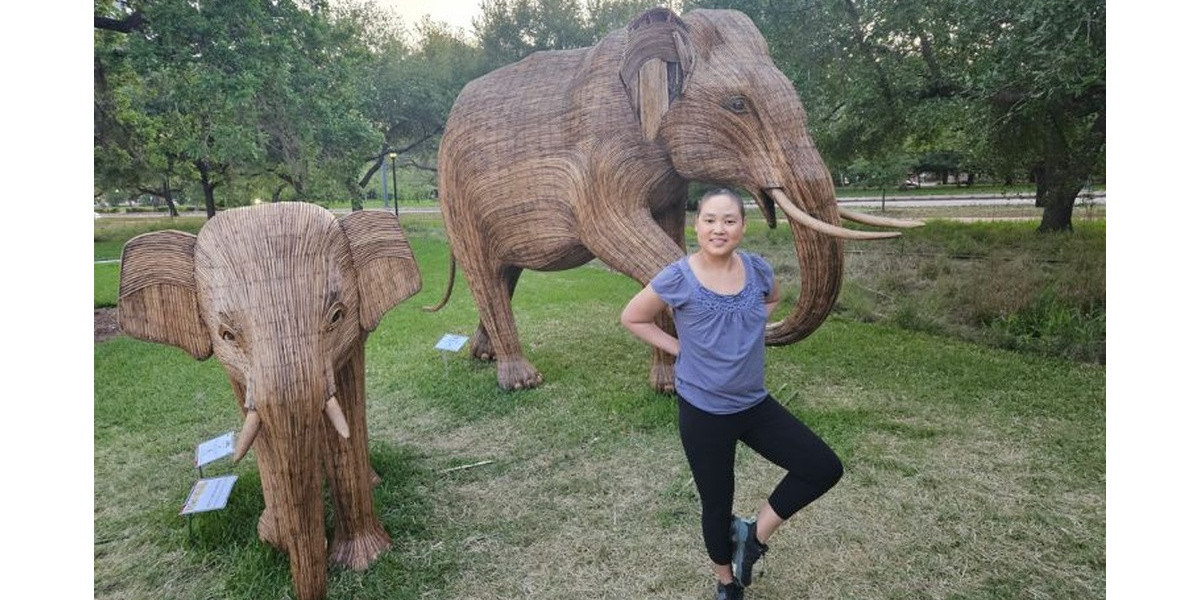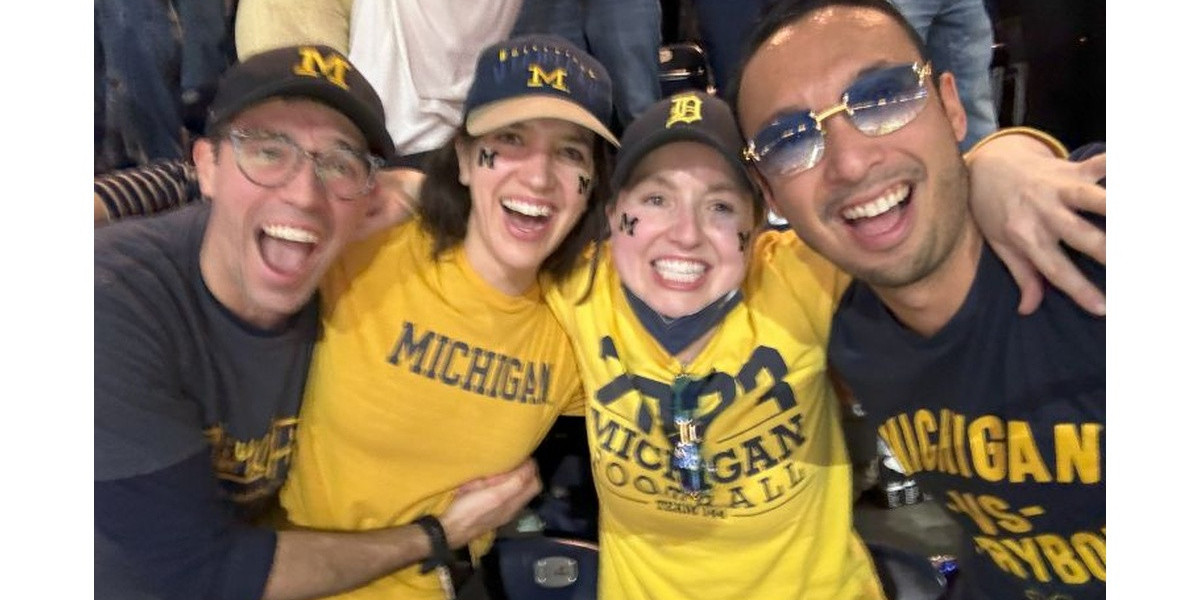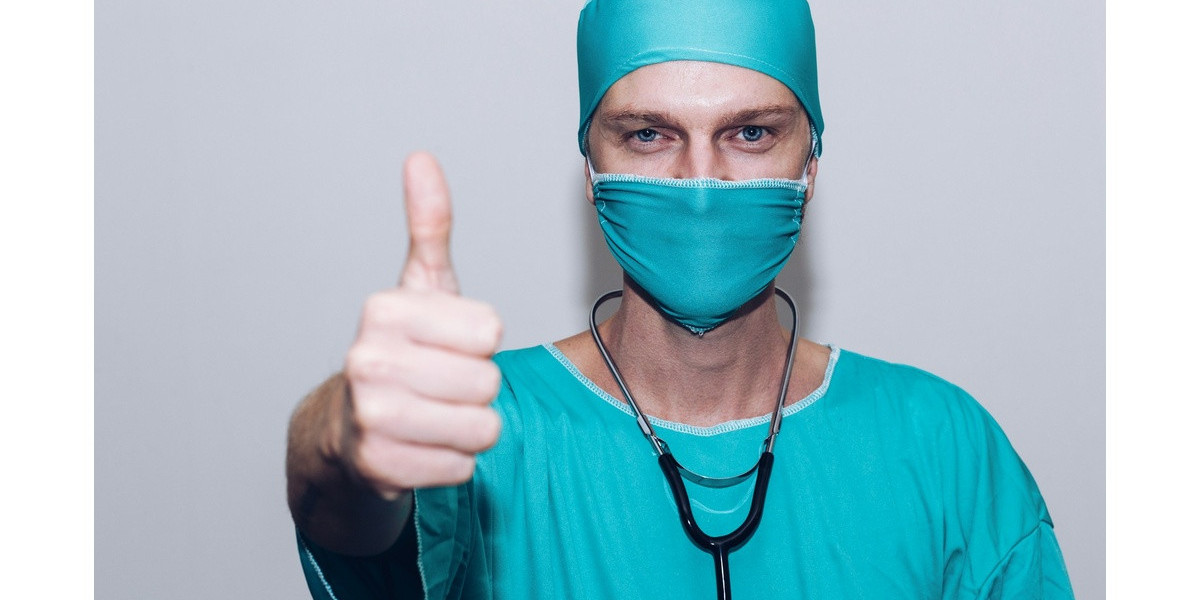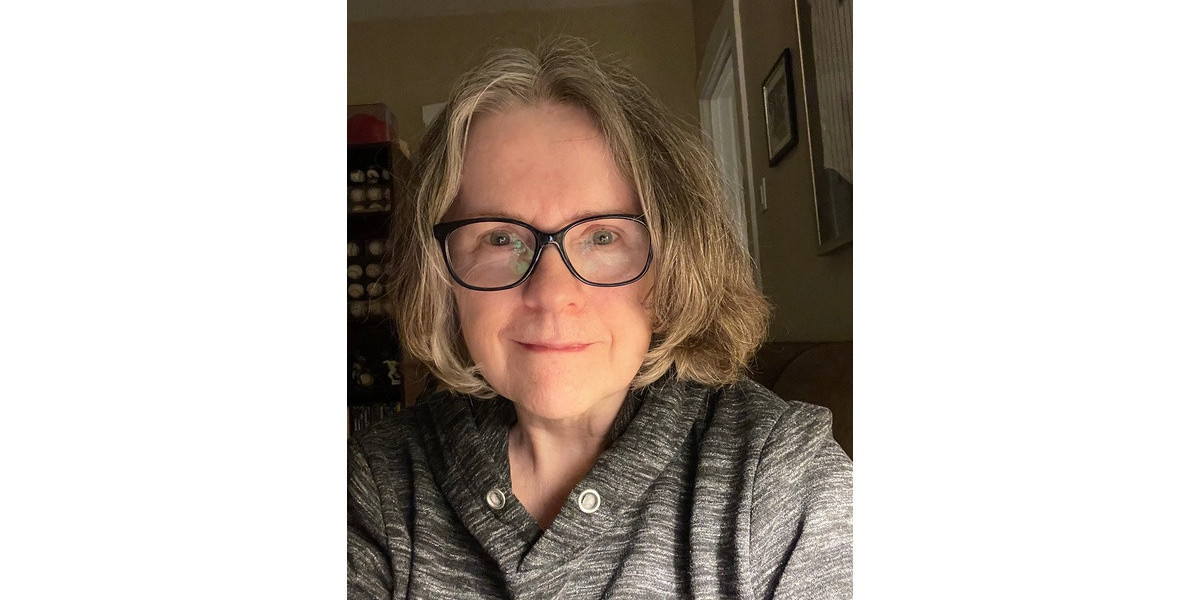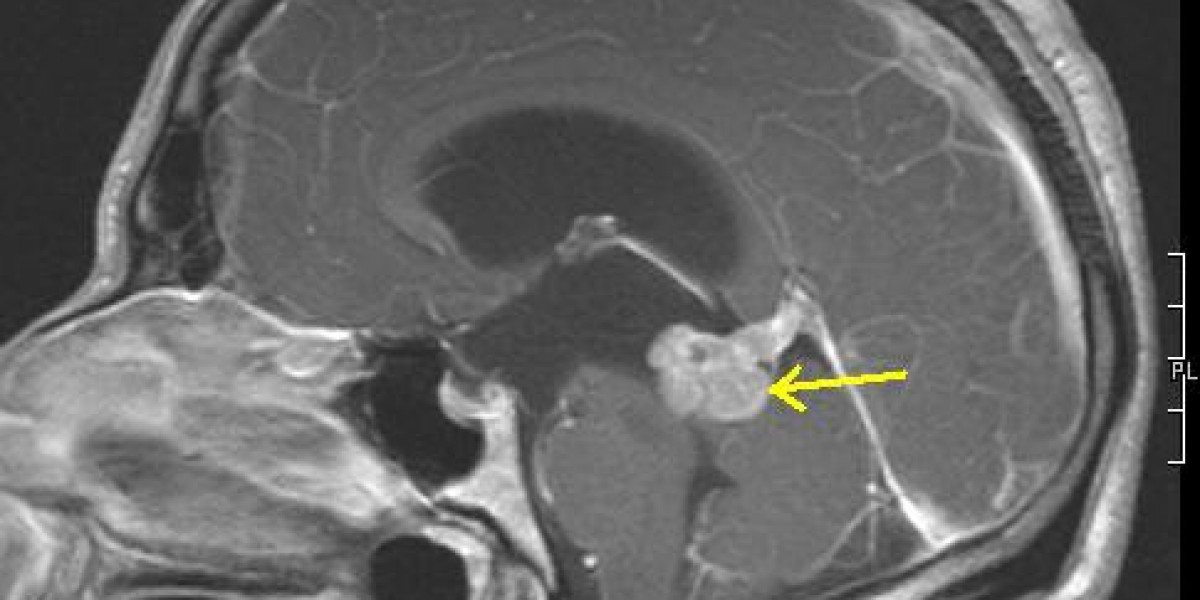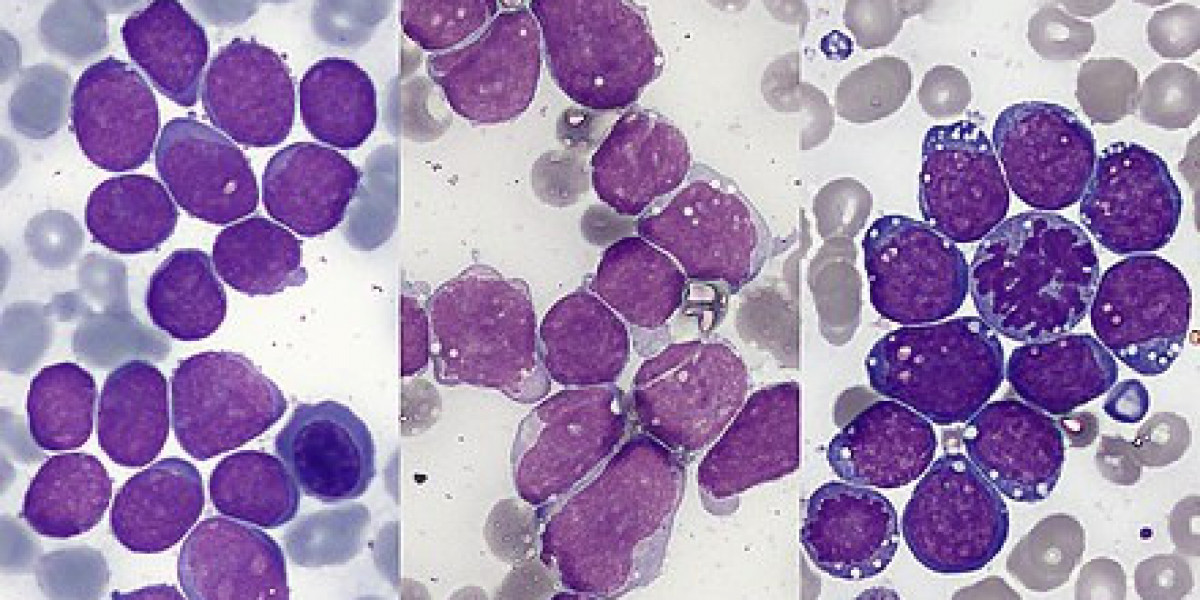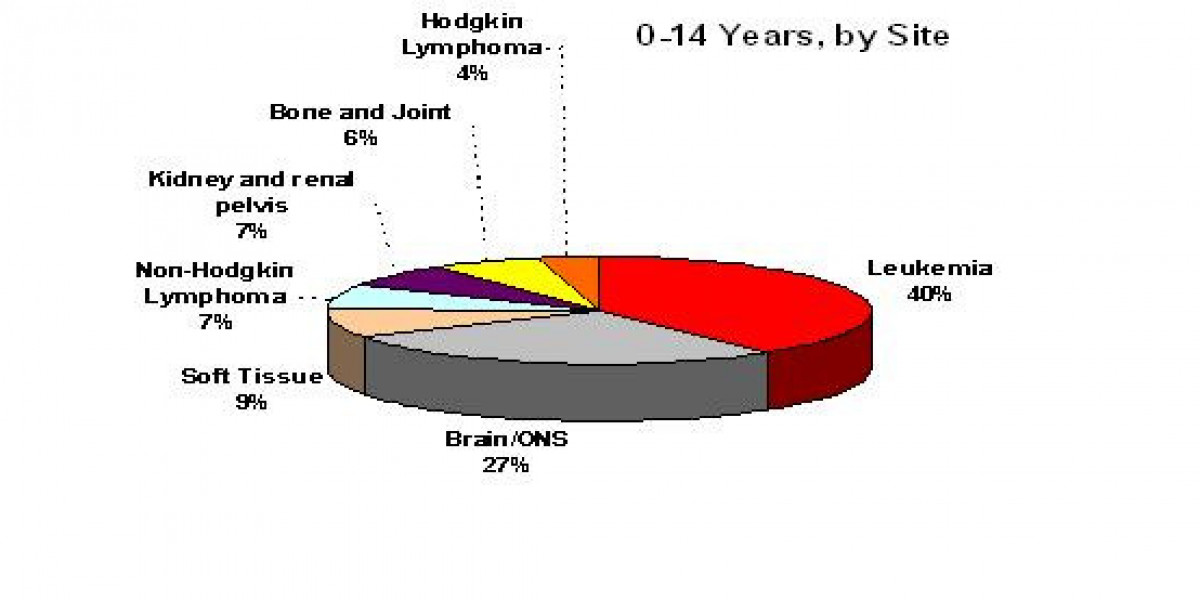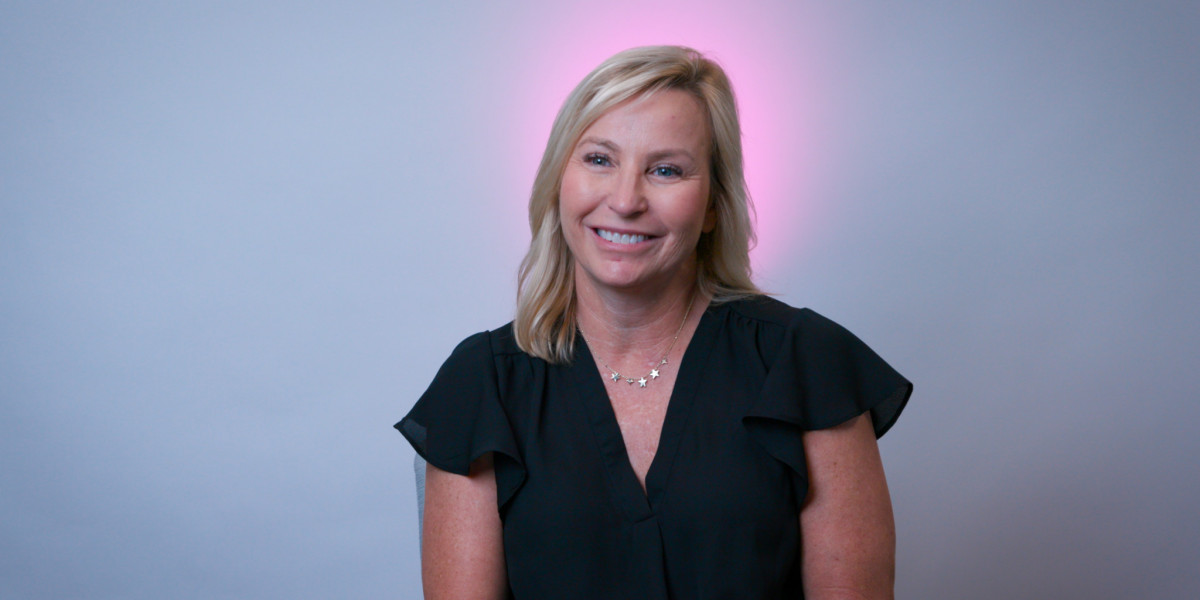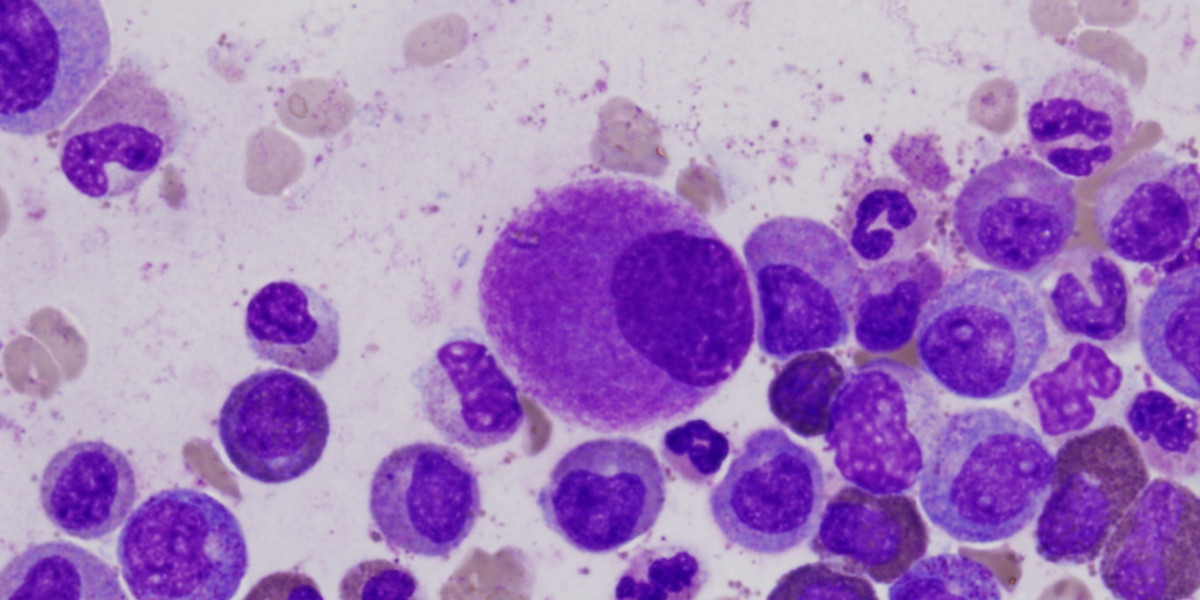Blogs>Finding purpose with MBC by saying yes to clinical trials
Leaving behind my career didn’t mean giving up purpose after I was diagnosed withmetastaticbreast cancer.
“But what will you do now that you no longer work?”
It’s a question I’ve been asked often since I stopped working to focus on my health. I’m 35, and to many, not working at this age is strange. Many people want to know what a person my age does without a job. They’re really asking: how do I make meaning out of my life when I’m no longer “building” something: not a career, not a family, not wealth, not impact. How do I build a legacy now?
It’s an understandable question. Cancer has pruned away much of what once filled my life.
At the time I was diagnosed with breast cancer (ER+,PR+, HER2-) in 2019, I was working as a computer engineer at a tech company in Austin, Texas. While I went through cancer treatment, little changed. I took time off for a singlemastectomywith flat closure, and I was back to work quickly. So quickly, I didn’t even want to take one extra week to recover. I felt thefatigue, both from the mastectomy recovery and side effects from being ontamoxifen, but, to me, breast cancer felt like a detour, not a roadblock.
In 2021, when the cancer spread to my bones, I still didn’t slow down. I ran, lifted weights, played video games, and volunteered through surgeries and side effects. I made it throughlymph nodeand bone biopsies. I recovered fast from anoophorectomy. I took aromatase inhibitors (AIs), which lowerestrogenlevels in the body, CDK 4/6 inhibitors, which help stop cancer cells from dividing, and SERDs, a newer type of medication that blocks and breaks down estrogen receptors. I understood these treatments in detail, because I read every single insert that came with them.
Eventually, the cancer reached more bones, my liver, and my lungs. That’s when I had to stop working.
I couldn’t maintain a high-powered tech career if I had to miss work for appointments or recover from side effects. I couldn’t run or weightlift as I once did, not without risking a fractured spine or hip. I couldn’t carry children. I’d already given up my reproductive organs in hopes of more time. Even volunteering became harder as mywhite blood cellcounts dropped. I diverted some of my remaining energy to helping others insupport group, and then in with legislative advocacy work, but I still wanted to do more.
I still wanted to do something meaningful. Fortunately, I have stable housing, transportation, and long-term disability. With my basic needs met, I turned to advocacy and volunteerism, but I wanted to do more. If I’m stuck with a body that doesn’t work the way I want, I might as well put it to good use. So, I enrolled in aclinical trial.
It was a risk I chose. And one I continue to choose. There are always unknowns: Will the drug work? Will I have side effects? Will I need more medications to manage them? Is there a chance I’m trading my current stability for something worse?
All of those are valid concerns. While my medication and many logistics are covered, there are still responsibilities. Scans and in clinic appointments still are paid for by my medical insurance, and due to the clinical trial, I have scans every six weeks instead of every three months. And although the pharmaceutical company does provide some stipends for the travel logistics like lodging and some mileage, it does not cover the entirety of the travel expenses like rideshare, parking, and pet care for my two kitties. Plus, the inconveniences of traveling to a major cancer center every three weeks are both a physical and emotional burden.
But all of life comes with risk and responsibility. I still have the option to say no at any time. I just keep choosing yes.
For me, the risk has been worth the reward.
In the first half of 2025, two drugs wereFDA-approved for the same breast cancer subtype I have. That only happened because hundreds of people before me said yes toclinicaltrials.
By participating, I have a small chance of being part of the solution, and a bigger chance of getting the newest, most promising treatments. Everyone in a clinical trial receives thestandard of careat least. But in my case, I’ve likely lived longer because of it. I’ve already outlived themedianprogression-free survivaltime for what would have been my standard treatment.
Most of my life isn’t about “being part of something bigger than myself,” though. It’s filled with everyday things. I spend time with my husband and our two cats, who, thankfully, enjoy spending time with me, too. I take walks, play video games, and travel between a lot of medical appointments.
I’m not grateful for my cancer, but I am grateful for my life, and cancer won’t change that.
Now, I’m also grateful that I can turn my circumstances into something good. And, turning my life into something meaningful is what I want to do, now and always.
DISCLAIMER:
The views and opinions of our bloggers represent the views and opinions of the bloggers alone and not those of Living Beyond Breast Cancer. Also understand that Living Beyond Breast Cancer does not medically review any information or content contained on, or distributed through, its blog and therefore does not endorse the accuracy or reliability of any such information or content. Through our blog, we merely seek to give individuals creative freedom to tell their stories. It is not a substitute for professional counseling or medical advice.
Tests for metastatic breast cancer
Many different tests can be involved in a metastatic breast cancer diagnosis. These tests can confirm the extent of the cancer and determine the most effective treatments.
Circulating tumor cell (CTC) tests
Circulating tumor cell (CTC) tests can help monitor whether treatment is working or if breast cancer has metastasized.
Diagnosed with metastatic breast cancer
Hearing the words “You have metastatic breast cancer, and you will need ongoing treatment” can be traumatic. On this page, we’ll help you begin to make sense of your diagnosis, treatment options, and sources of support.
Metastatic
Metastatic breast cancer describes a type of breast cancer in which the cells have broken away from their original location to form a new tumor in different tissue or a different organ.
Hormone receptor-positive MBC
Learn more about hormone receptor-positive metastatic breast cancer, which means the stage IV breast cancer is hormone-sensitive.
Datopotamab deruxtecan
Datopotamab deruxtecan (Datroway) is approved to treat hormone receptor-positive, HER2-negative metastatic breast cancer. It is an antibody-drug conjugate, a treatment that delivers chemotherapy directly to cancer cells.
Living with Metastatic Breast Cancer
Living with a metastatic breast cancer diagnosis can be overwhelming, but there are many ways to adapt to your situation and find the support you need.
Inavolisib
Inavolisib (Itovebi) is a new targeted therapy shown to reduce progression of certain hormone receptor-positive, HER2-negative, PIK3CA-positive metastatic breast cancers.
Next-generation sequencing (NGS) tests
Next-generation sequencing (NGS) is a testing technology that uses computers to look at hundreds of genes in cancer cells. The results can help guide treatment decisions.
FISH tests
A FISH test is a lab test performed on tissue taken from a biopsy or breast cancer surgery, that can confirm breast cancer’s HER2 status if other test results are inconclusive.
Sign up to receive emotional support, medical insight, personal stories, and more, delivered to your inbox weekly.
We'll send support straight to your inbox.
Christina Jue
Tagged:
Was this page helpful?
Living Beyond Breast Cancer is a national nonprofit organization that seeks to create a world that understands there is more than one way to have breast cancer. To fulfill its mission of providing trusted information and a community of support to those impacted by the disease, Living Beyond Breast Cancer offers on-demand emotional, practical, and evidence-based content. For over 30 years, the organization has remained committed to creating a culture of acceptance — where sharing the diversity of the lived experience of breast cancer fosters self-advocacy and hope. For more information,learn more about our programs and services.
Living Beyond Breast Cancer
40 Monument Road, Suite 104
Bala Cynwyd, PA 19004
©2025 Living Beyond Breast Cancer
Originally published on The Patient Story: https://www.lbbc.org/blog/finding-purpose-with-mbc-by-saying-yes-to-clinical-trials
